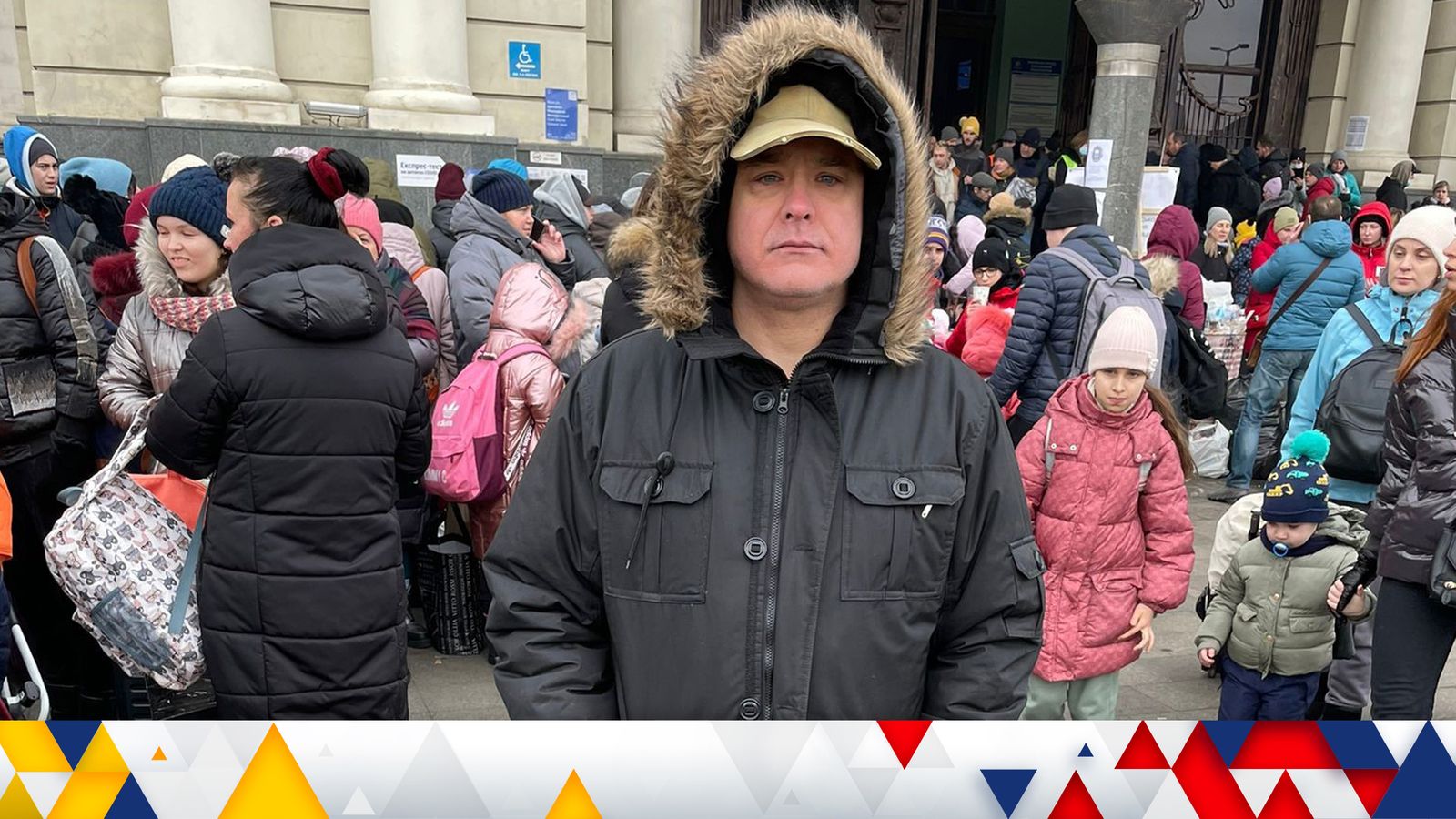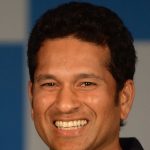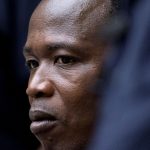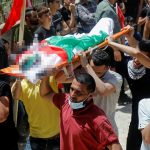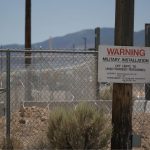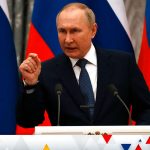There are a lot of different voices and accents at Lviv train station: Travellers, volunteers, soldiers, police.
The woman on the Tannoy announcement. The voice that accompanies the air raid siren.
But there was something jarring when a man came up to me and murmured: “Do you know how I can get to Kyiv?”
It was an unassuming, stocky figure in a big coat, carrying a large, camouflaged rucksack. A man called Mark Ayres, who had just arrived from Bedford.
A veteran of the British Army, he wanted to get to Kyiv to join the Ukrainian military. I asked him why.
“I’ve just been seeing things unfolding on TV. I have military experience so I thought I would throw my lot in.
“It’s what I’ve seen on telly – the people, the Ukrainian military, Zelenskyy. Everything is inspiring. It’s the countries around. It has galvanised everything – it has galvanised the whole world.
“Hopefully I can link up with some people that I know out here and join one of their units.”
Mr Ayres told me he is “a little bit nervous” but is confident because of his own military experience and training. He insisted he is here simply to try to make a difference.
“I understand. I’ve got no illusions, no romantic ideas of war, or that I’ll be some hero or make a difference,” he says. “But it’s what I do.”
There was a pause. “You could die,” I said, softly. “It’s extremely dangerous.”
“That’s a possibility, but it would be worse to get wounded, to get a life-changing injury,” Mr Ayres replied.
“It’s very black and white. Someone has to stand up and I always stand up.”
He said his family “know that’s what I’m like” and he promised to stay “for as long as it takes”.
Please use Chrome browser for a more accessible video player
He is determined to serve this country, even though he can’t speak the language and doesn’t know all that much about Ukraine. The camaraderie of war, and the clarity of purpose are what seems to attract him.
And so we told him what he wanted to know – how to get to Kyiv. The trains run regularly – leaving Lviv with few passengers; returning, many, many hours later, with hundreds aboard.
And with that, Mr Ayres put his pack on his back, wished us well, and was gone.
He’s not alone. We met a group of foreigners offering to fight – Alex, from Cardiff, along with volunteers from America, France, Canada, and the Netherlands, all of them bundling down the street like an excited gang.
Some of the foreigners enlisting are long on enthusiasm and very short on experience. One imagines that the reality of modern warfare might come as a shock, that the lustre of fighting for another country fades when confronted by the noise of shells and the crack of machine gun fire.
But Mr Ayres seemed different. He is experienced, sanguine and prepared. Before he left, I asked him what he expected.
“When the Russian column arrives in Kyiv I think there will be a lot of indiscriminate shelling and a lot of fighting in urban areas,” he said, matter of fact. “It will be pretty intense.”
It probably will be. As we have seen, damage and disaster can come out of nowhere, with no warning. Mr Ayres is a brave man, but he’s enlisting for an incredibly dangerous job.
